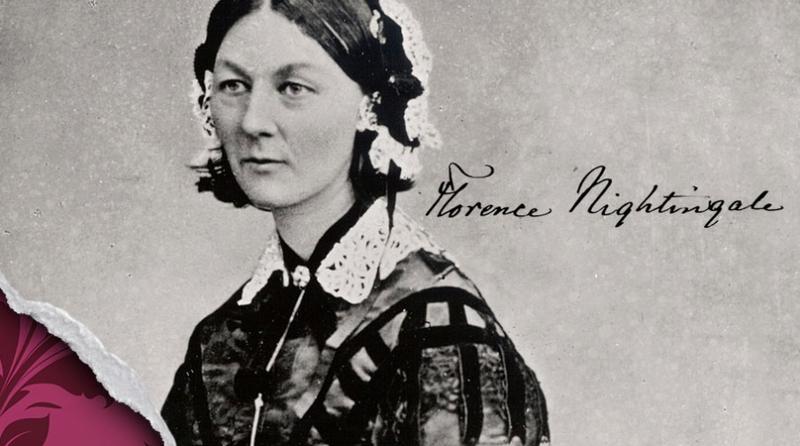 This image grab taken from the website of the Florence Nightingale Museum shows an image of Florence Nightingale.
This image grab taken from the website of the Florence Nightingale Museum shows an image of Florence Nightingale.
LONDON - Victorian Britain took Florence Nightingale into its heart as the "Lady with the Lamp" who tended wounded soldiers, but a new exhibition shows her as a tough pioneer whose principles on hygiene underpin nursing today as the world battles coronavirus.
The show at the Florence Nightingale Museum within London's St Thomas' Hospital marks the bicentenary of Nightingale's birth into a wealthy family, and tells the story of how she fought her family's opposition and social constraints to become the world's most famous nurse.
"Florence Nightingale's legacy is really, really important. Obviously, she was a forceful leader. And we need clear, visible, strong leadership today and certainly in modern nursing," said Fiona Hibberts, from the Nightingale Academy, a nursing institution at the hospital.
If Florence Nightingale herself was here, she would be supporting all that's being said at the moment. She was absolutely into infection control, hand washing, being very observant.
Yvonne Moores, Chair of the Florence Nightingale Foundation and Britain's former national Chief Nursing Officer
The exhibition Nightingale in 200 Objects, People & Places will run for a year.
St Thomas' is one of a handful of hospitals in Britain with a specialist ward for the treatment of coronavirus patients.
"The emphasis on sanitation, good hygiene, fresh air exercise, good food... no matter how much we advance, those fundamental foundational principles of Florence are still very much the basis of modern nursing," said Hibberts.
"It's the same old message. Wash your hands."
ALSO READ: WHO advises public on novel coronavirus
Nightingale became famous after she and a small team of nurses travelled to modern-day Istanbul to treat British soldiers wounded in the Crimean War, in which British, French and Ottoman forces fought the Russian Empire.
In a filthy hospital set up in a barracks on the Asian shore of the Bosphorus, she saws thousands of soldiers die from infectious diseases rather than their wounds, prompting her to try and improve conditions.
The lamp she used to tour the wards at night is on show at the exhibition, as is the nurses' uniform she created.
"If Florence Nightingale herself was here, she would be supporting all that's being said at the moment. She was absolutely into infection control, hand washing, being very observant," said Yvonne Moores, Chair of the Florence Nightingale Foundation and Britain's former national Chief Nursing Officer.
READ MORE: Q&A on novel coronavirus with national expert
"She would also, bearing in mind her very, very long career, be encouraging people that have retired ... to think about the role that they might be able to play in coming back."
Many retired doctors and nurses have reacted with alarm to a suggestion by the British government that it would call on them to help battle coronavirus if necessary.
Nightingale died at the age of 90 in 1910, continuing to work and to write late into her life.
The exhibition also recreates her London bedroom, allows visitors to smell her perfume and hear a recording of her voice.


